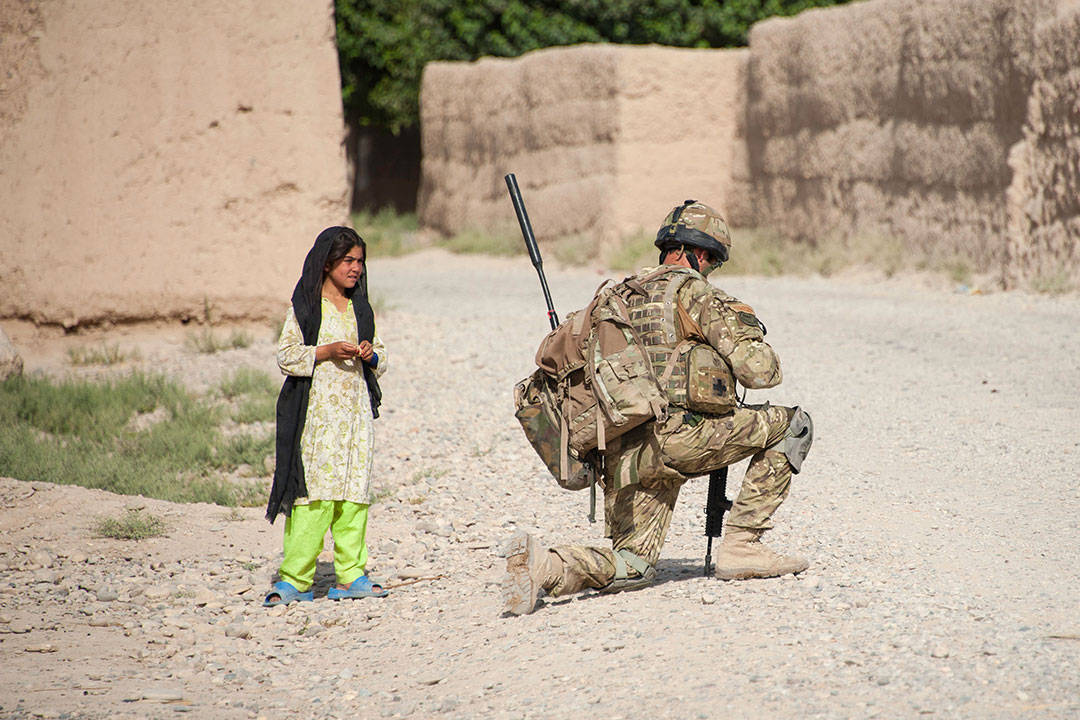Briefing Note: Retaining the Hard-Won Lessons of Britain’s Afghan War
RUSI experts explore the valuable and hard-won lessons that can be derived from a study of British operations in Afghanistan.
A number of RUSI researchers, associates and affiliates contend that the British military learned over the course of the Afghanistan campaign many valuable and hard-won lessons. They argue that such lessons have significant relevance to wider defence issues and should be studied specifically as they relate to British strategy and the tactical execution of military operations.
You need to be a top tier member or a subscriber to our Members Extended Publications to access our Whitehall Papers. Join today to read this paper.
Key Lessons
Drawing key lessons from the Whitehall Paper, RUSI's Senior Research Fellow for Land Warfare, Dr Jack Watling observes:
The attraction of using the RAF for close air support at the expense of British Army artillery has left the UK joint force lacking suppression of enemy air defence capability, and the Army lacking fires capacity. It is critical that force planners identify these drifts in the balance of joint capability and make a conscious choice to either accept them or mitigate them.
If the UK is to effectively compete with adversaries, strategy must drive planning, informed by tactical intelligence, rather than the adaptations to operational plans driven by tactical intelligence setting and redefining the strategy.
It is critical that UK concepts of operations and campaign plans confront the world as it is, rather than as planners would like it to be. Cultural differences, institutional frictions, resource constraints and limited coalition integration are not problems the military can overcome. They are realities of the operating environment, and planning should proceed on the basis that a plan must be achievable despite them, rather than endeavouring to fully mitigate them.
Sustainment must be actively thought through so that it is part of the plan, reinforcing its principles, rather than reacting to the plan, and potentially imposing conflicting imperatives on the force.
Once committed, the force will face adversary capabilities that will cause serious problems. Not all enemy capabilities can be anticipated beforehand. Institutional pressures mean that even where the military has previously built capabilities to address threats, they are unlikely to be available at the scale required when committed. The military should therefore enter conflict with the expectation that adaptive structures will need to be established from the outset.
Dr Jack Watling, Paul O’Neill, Nick Reynolds, Sarah Ashbridge, Alistair Beard, Sam Cranny-Evans, Juliana Suess and Professor Justin Bronk have each contributed chapters to the paper.
EDITED BY
Dr Jack Watling
Senior Research Fellow, Land Warfare
Military Sciences


